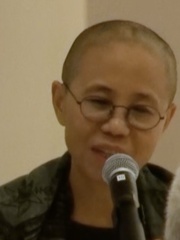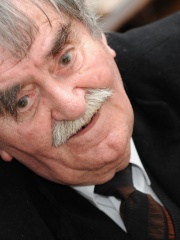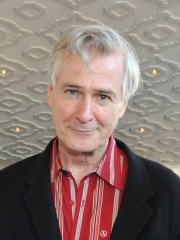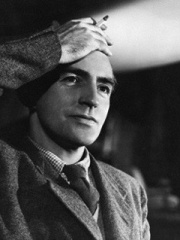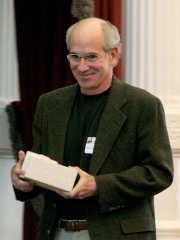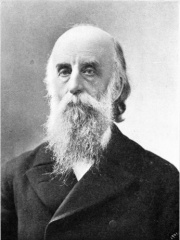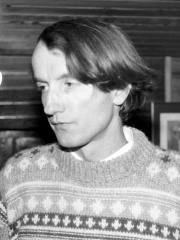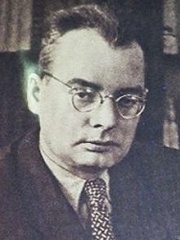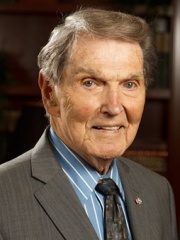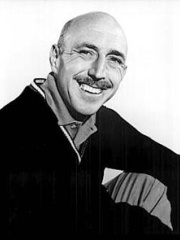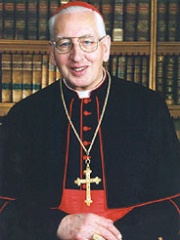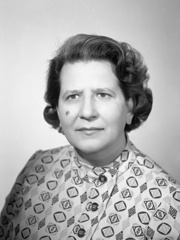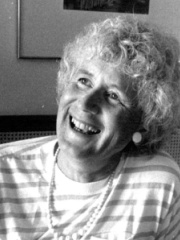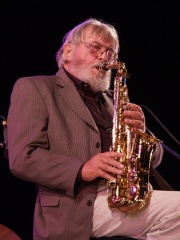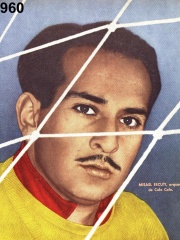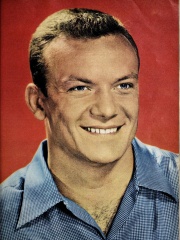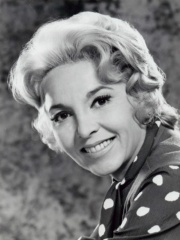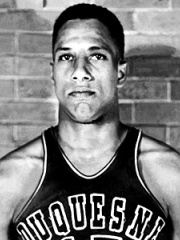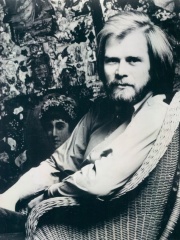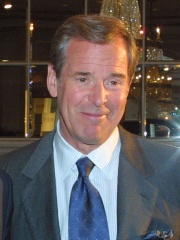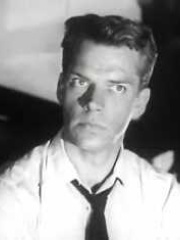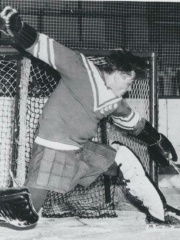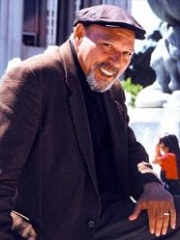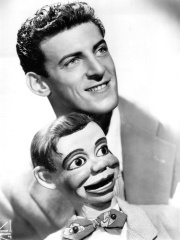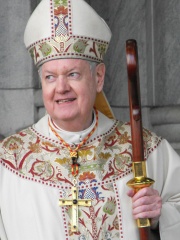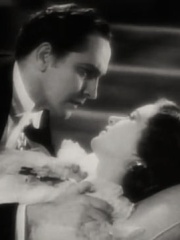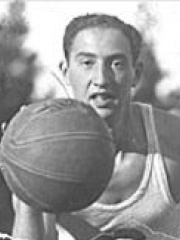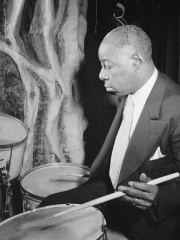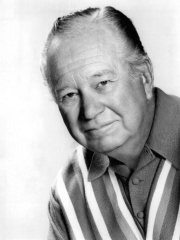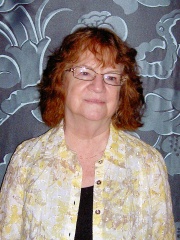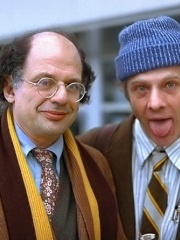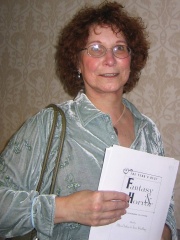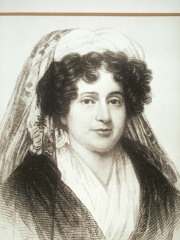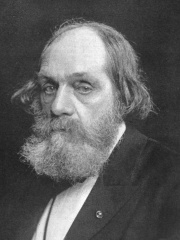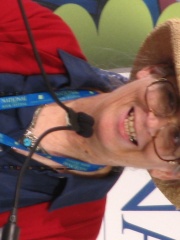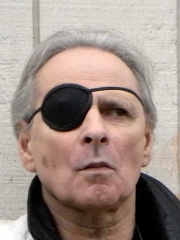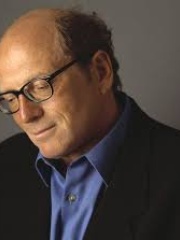Writer
Robert Creeley
1926 - 2005
EN.WIKIPEDIA PAGE VIEWS (PV)
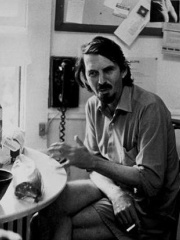
 Robert Creeley
Robert Creeley
His biography is available in 18 different languages on Wikipedia (up from 17 in 2024). Robert Creeley is the 6,222nd most popular writer (down from 6,171st in 2024), the 11,038th most popular biography from United States (down from 10,554th in 2019) and the 808th most popular American Writer.
Memorability Metrics
Page views of Robert Creeley by language
Among Writers
Among writers, Robert Creeley ranks 6,222 out of 7,302. Before him are Liu Xia, Ferenc Juhász, John Patrick Shanley, Christopher Fry, Louis Sachar, and Iskandar Khatloni. After him are Victoria Amelina, Aglaja Veteranyi, Elvira Dones, Lyman Abbott, Patrick Grainville, and Emmanuil Kazakevich.
Most Popular Writers in Wikipedia
Go to all RankingsLiu Xia
1961 - Present
HPI: 51.73
Rank: 6,216
Ferenc Juhász
1928 - 2015
HPI: 51.72
Rank: 6,217
John Patrick Shanley
1950 - Present
HPI: 51.72
Rank: 6,218
Christopher Fry
1907 - 2005
HPI: 51.72
Rank: 6,219
Louis Sachar
1954 - Present
HPI: 51.70
Rank: 6,220
Iskandar Khatloni
1954 - 2000
HPI: 51.69
Rank: 6,221
Robert Creeley
1926 - 2005
HPI: 51.69
Rank: 6,222
Victoria Amelina
1986 - 2023
HPI: 51.68
Rank: 6,223
Aglaja Veteranyi
1962 - 2002
HPI: 51.68
Rank: 6,224
Elvira Dones
1960 - Present
HPI: 51.68
Rank: 6,225
Lyman Abbott
1835 - 1922
HPI: 51.67
Rank: 6,226
Patrick Grainville
1947 - Present
HPI: 51.67
Rank: 6,227
Emmanuil Kazakevich
1913 - 1962
HPI: 51.66
Rank: 6,228
Contemporaries
Among people born in 1926, Robert Creeley ranks 490. Before him are Tim LaHaye, Lionel Jeffries, Desmond Connell, Éva Janikovszky, Franca Falcucci, and Jan Morris. After him are Bud Shank, Dionizije Dvornić, Misael Escuti, Aldo Ray, Beverly Garland, and Chuck Cooper. Among people deceased in 2005, Robert Creeley ranks 329. Before him are Stanley Sadie, M. Scott Peck, Long John Baldry, Peter Jennings, Keith Andes, and Christopher Fry. After him are Nikolai Puchkov, Misael Escuti, August Wilson, Paul Winchell, Georges Dransart, and Harold J. Stone.
Others Born in 1926
Go to all RankingsTim LaHaye
WRITER
1926 - 2016
HPI: 52.02
Rank: 484
Lionel Jeffries
ACTOR
1926 - 2010
HPI: 51.99
Rank: 485
Desmond Connell
RELIGIOUS FIGURE
1926 - 2017
HPI: 51.81
Rank: 486
Éva Janikovszky
WRITER
1926 - 2003
HPI: 51.80
Rank: 487
Franca Falcucci
POLITICIAN
1926 - 2014
HPI: 51.79
Rank: 488
Jan Morris
HISTORIAN
1926 - 2020
HPI: 51.74
Rank: 489
Robert Creeley
WRITER
1926 - 2005
HPI: 51.69
Rank: 490
Bud Shank
MUSICIAN
1926 - 2009
HPI: 51.68
Rank: 491
Dionizije Dvornić
SOCCER PLAYER
1926 - 1992
HPI: 51.64
Rank: 492
Misael Escuti
SOCCER PLAYER
1926 - 2005
HPI: 51.56
Rank: 493
Aldo Ray
ACTOR
1926 - 1991
HPI: 51.49
Rank: 494
Beverly Garland
ACTOR
1926 - 2008
HPI: 51.49
Rank: 495
Chuck Cooper
BASKETBALL PLAYER
1926 - 1984
HPI: 51.33
Rank: 496
Others Deceased in 2005
Go to all RankingsStanley Sadie
MUSICIAN
1930 - 2005
HPI: 52.16
Rank: 323
M. Scott Peck
WRITER
1936 - 2005
HPI: 52.12
Rank: 324
Long John Baldry
SINGER
1941 - 2005
HPI: 51.91
Rank: 325
Peter Jennings
JOURNALIST
1938 - 2005
HPI: 51.87
Rank: 326
Keith Andes
ACTOR
1920 - 2005
HPI: 51.84
Rank: 327
Christopher Fry
WRITER
1907 - 2005
HPI: 51.72
Rank: 328
Robert Creeley
WRITER
1926 - 2005
HPI: 51.69
Rank: 329
Nikolai Puchkov
ATHLETE
1930 - 2005
HPI: 51.57
Rank: 330
Misael Escuti
SOCCER PLAYER
1926 - 2005
HPI: 51.56
Rank: 331
August Wilson
WRITER
1945 - 2005
HPI: 51.42
Rank: 332
Paul Winchell
ACTOR
1922 - 2005
HPI: 51.41
Rank: 333
Georges Dransart
ATHLETE
1924 - 2005
HPI: 51.39
Rank: 334
Harold J. Stone
ACTOR
1913 - 2005
HPI: 51.28
Rank: 335
In United States
Among people born in United States, Robert Creeley ranks 11,040 out of NaN. Before him are Louis Sachar (1954), Rikishi (1965), Charles Dumas (1937), Edward Egan (1932), Evelyn Venable (1913), and Sam Balter (1909). After him are Richard Garfield (1963), Baby Dodds (1898), Markie Post (1950), Bud Shank (1926), Edgar Buchanan (1903), and Christian Serratos (1990).
Others born in United States
Go to all RankingsLouis Sachar
WRITER
1954 - Present
HPI: 51.70
Rank: 11,034
Rikishi
WRESTLER
1965 - Present
HPI: 51.70
Rank: 11,035
Charles Dumas
ATHLETE
1937 - 2004
HPI: 51.69
Rank: 11,036
Edward Egan
RELIGIOUS FIGURE
1932 - 2015
HPI: 51.69
Rank: 11,037
Evelyn Venable
ACTOR
1913 - 1993
HPI: 51.69
Rank: 11,038
Sam Balter
BASKETBALL PLAYER
1909 - 1998
HPI: 51.69
Rank: 11,039
Robert Creeley
WRITER
1926 - 2005
HPI: 51.69
Rank: 11,040
Richard Garfield
MATHEMATICIAN
1963 - Present
HPI: 51.69
Rank: 11,041
Baby Dodds
MUSICIAN
1898 - 1959
HPI: 51.69
Rank: 11,042
Markie Post
ACTOR
1950 - 2021
HPI: 51.69
Rank: 11,043
Bud Shank
MUSICIAN
1926 - 2009
HPI: 51.68
Rank: 11,044
Edgar Buchanan
ACTOR
1903 - 1979
HPI: 51.68
Rank: 11,045
Christian Serratos
ACTOR
1990 - Present
HPI: 51.68
Rank: 11,046
Among Writers In United States
Among writers born in United States, Robert Creeley ranks 808. Before him are Patricia A. McKillip (1948), Peter Orlovsky (1933), Joan D. Vinge (1948), Christina Hoff Sommers (1950), John Patrick Shanley (1950), and Louis Sachar (1954). After him are Lyman Abbott (1835), Emma Willard (1787), Edward Everett Hale (1822), Elizabeth Moon (1945), Andrew Vachss (1942), and Oscar Hijuelos (1951).
Patricia A. McKillip
1948 - 2022
HPI: 51.83
Rank: 802
Peter Orlovsky
1933 - 2010
HPI: 51.76
Rank: 803
Joan D. Vinge
1948 - Present
HPI: 51.76
Rank: 804
Christina Hoff Sommers
1950 - Present
HPI: 51.75
Rank: 805
John Patrick Shanley
1950 - Present
HPI: 51.72
Rank: 806
Louis Sachar
1954 - Present
HPI: 51.70
Rank: 807
Robert Creeley
1926 - 2005
HPI: 51.69
Rank: 808
Lyman Abbott
1835 - 1922
HPI: 51.67
Rank: 809
Emma Willard
1787 - 1870
HPI: 51.59
Rank: 810
Edward Everett Hale
1822 - 1909
HPI: 51.59
Rank: 811
Elizabeth Moon
1945 - Present
HPI: 51.59
Rank: 812
Andrew Vachss
1942 - 2021
HPI: 51.58
Rank: 813
Oscar Hijuelos
1951 - 2013
HPI: 51.56
Rank: 814
